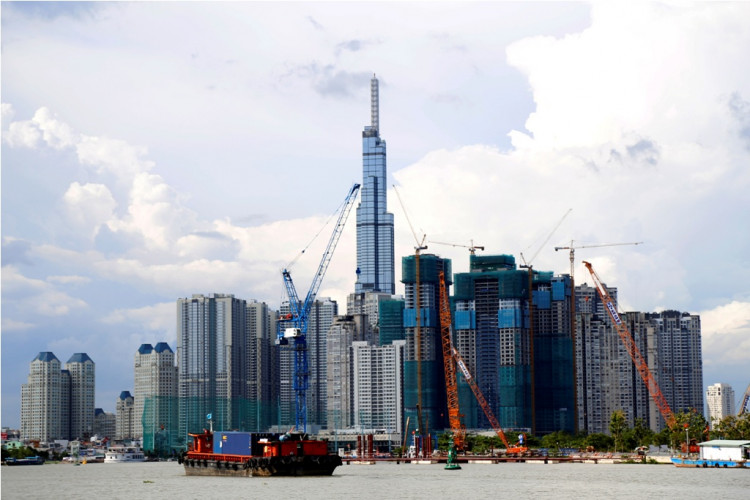Vietnam's Ho Chi Minh City announced plans to transform into a smart city by 2020 but the government revealed that over $3.57 billion or 83 trillion VND is required for infrastructure development.
According to Vietnam Insider, Ho Chi Minh's municipal People's Committee gave the estimate to the government's Transport Ministry as part of the public investment plan for 2021-2025 with 12 projects in mind.
Four of the stated projects on the transport infrastructure plan for Ho Chi Minh City has a combined budget of 5.53 trillion VND, which is expected to be funded by ODA capital while nine projects with a required budget of 37.9 trillion VND are expected to receive funding through public-private partnership (PPP) grants.
The budget plan for infrastructure improvements in Ho Chi Minh has yet to be approved by the Vietnamese government. The plan includes proposals for two city ring roads around the city's neighboring towns.
The proposed smart city transformation is also expected to focus largely on creating openings for roads leading to Vietnam's biggest airport, the Tan Son Nhat International Airport.
Vietnam has been working on improvements in HCM city in a bid to further attract foreign investments, especially as the country seeks to benefit from the China-U.S. trade war. The most notable plan for domestic progress is smart innovation.
While Vietnam is focused on attracting foreign investments to drive economic growth, the massive increase of investments in some of the country's industrial zones caused a housing shortage that the government has been trying to resolve.
To help ease the burden on housing and infrastructure, the Ministry of Finance revised incentives for companies investing in Vietnamese industrial zones. Through reduced taxable income for infrastructure and housing, the development of industrial zones, including those in Ho Chi Minh, will move forward.
Another issue that the revision resolves is the housing shortage for industrial workers in the country. Companies investing in infrastructure-related projects in Vietnam now have better chances of improving the lives of industrial employees through the new circular.
Meanwhile, the U.S. News and World Report recognized Vietnam as one of the best economies to invest in at this time. The country ranked eighth in the list of 29 countries, while other ASEAN nations that made it to the ranks are Indonesia at 18th, Singapore at 14th, and Malaysia in the 13th spot.
According to the ASEAN Post, among the criteria for being on the top 10 is foreign direct investment (FDI) records. For a decade since 2008, FDIs in Vietnam increased from $11.5 billion to $35.46 billion.
Vietnam continues to be one of the most recognized rising economies in the Asia-Pacific region and the rise of Ho Chi Minh City as a smart hub is expected to attract more investments.





